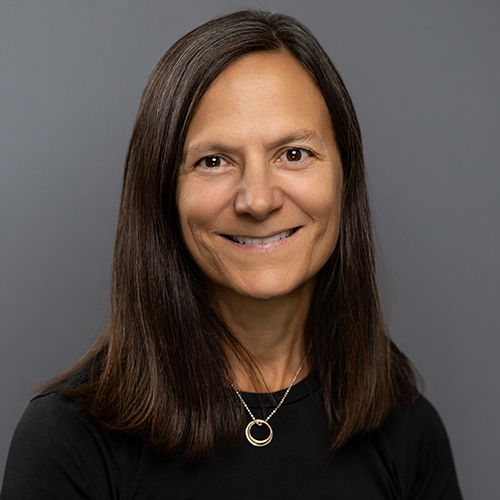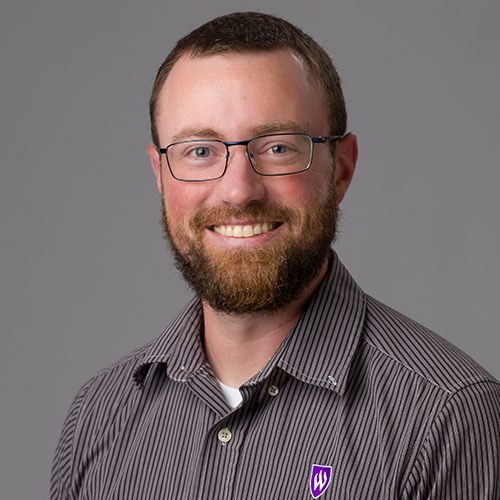Studying Economics at Weber State
Weber State’s economics major offers students interested in pursuing business, banking or law, the data-analysis and critical-thinking skills to become valuable employees in positions that require rigorous undergraduate training.
Economics Highlights
In Weber State’s economics major, you’ll develop strong connections with your professors and fellow students. You’ll share classes with peers who have already won awards for their research, and learn from professors celebrated for their professional contributions to the field and their outstanding work as mentors to their students.
Weber’s John B. Goddard School of Business & Economics is accredited by AACSB International, the Association to Advance Collegiate Schools of Business. This distinction is held by fewer than 6% of all business schools.

Beyond the Classroom
As an economics major, you can participate in the Student Economic Association, present and publish your undergraduate research, study abroad and take part in a variety of field-related internships.


